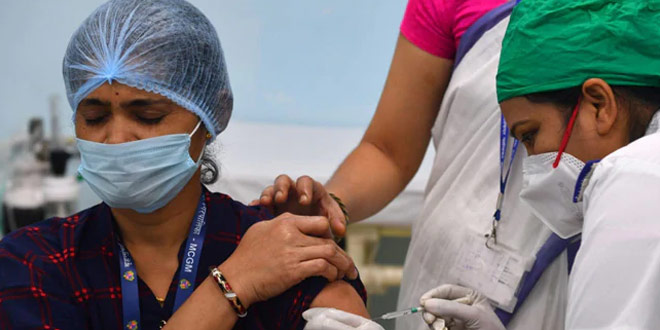Women get left behind in Covid-19 vaccination drive
Sociology: Gender: inequality
G.s paper II: Governance

NEWS IN SHORT:
For every 1,000 men vaccinated in India so far, only 854 women have received the shot. This Gender skew could have been attributed to there being fewer women than men in the adult population.
Sociological Perspective
- ‘Gender and health’ is a contested concept whose various meanings have evolved in the course of the emergence and development of social movements concerned with the health of men and women.
- At the heart of the meaning of ‘gender and health’ advanced by the women’s health movement is the idea of a relationship of social and political inequality between men and women in the field of medically dominated health services.
- Population health discourse, embraced by the ‘new managerialism’ in public health policy and the ‘new public health’, proposes a concept of ‘gender and health’ that is based on sex differences in health conditions.
- This is also evoked in men’s health discourse so that ‘gender and health’ refers to the measurable margins of difference in the health conditions of mutually exclusive populations—men and women.
- Inequality is a feature of this representation but it relates to sex differences in health rates. Health outcomes or needs are thus ‘gendered’ to the extent that the magnitudes of the rates in sex-based health conditions are unequal.
- Given the conceptual and evidentiary incoherencies in population health and men’s health discourses, the meanings they ascribe to ‘gender and health’ would seem to have limited analytical power and relevance for public health policy.

